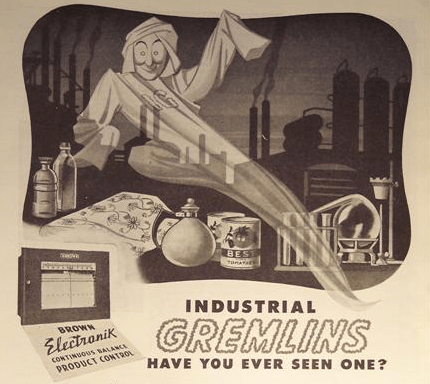CuriousElectron
Electrical
Greetings,
As the list of instrumentation grows in a plant, how invaluable is the data historian? For example, if I'm adding RTD's for trending and providing accurate temperature information on the unit, but have no data historian to retain this information for retrieval and review at a later time, is my setup an "incomplete"?
If the RTD's and other instruments are wired to a controller with no data retention capabilities but indication only, an engineer or an operator can only look at the live information and can make use of it at that point in time. I think the next logical upgrade would be to provide a data historian to be able to capture this information and look at the trending over a period of time.
Am I right in my thinking?
Thanks,
EE
As the list of instrumentation grows in a plant, how invaluable is the data historian? For example, if I'm adding RTD's for trending and providing accurate temperature information on the unit, but have no data historian to retain this information for retrieval and review at a later time, is my setup an "incomplete"?
If the RTD's and other instruments are wired to a controller with no data retention capabilities but indication only, an engineer or an operator can only look at the live information and can make use of it at that point in time. I think the next logical upgrade would be to provide a data historian to be able to capture this information and look at the trending over a period of time.
Am I right in my thinking?
Thanks,
EE


